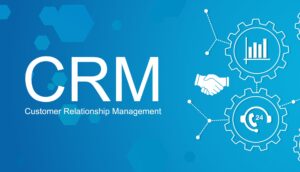
Sales Enablement Tactics for Maximum Success
Sales enablement is about giving your sales team the resources to close deals more effectively. But what if you could optimize your sales process without constantly being hands-on? Enter sales enablement, a strategic approach that leverages tools like pre-recorded content, chatbots, and analytics to drive sales with minimal active effort. With over 56% of companies improving via analytics, sales enablement allows you to use automation and data to guide your prospects through the sales funnel. Pre-Recorded Demos and Tutorials: Sell While You Sleep Using pre-recorded demos and tutorials is a highly effective sales enablement tactic. This approach allows you to create detailed, engaging content once, which prospects can access at any time, on demand. The Power of On-demand Video Content Video content is viral and effective in sales. The average user spends about 100 minutes daily watching videos in the US. By leveraging pre-recorded videos, you cater to prospects who prefer self-paced learning, allowing them to explore your products or services in depth. This is particularly effective for complex offerings where detailed demonstrations can help clarify features and benefits. Here are some types of pre-recorded videos that work well for sales enablement: Product Demos: Walk prospects through key product features and functionalities. Customer Testimonials: Let satisfied customers share their experiences, which can serve as persuasive, peer-driven endorsements. Case Studies: Highlight real-world applications of your product, demonstrating value and use cases across different industries. Maximizing the Reach of Pre-Recorded Content Pre-recorded demos can be easily shared across various platforms, making them









